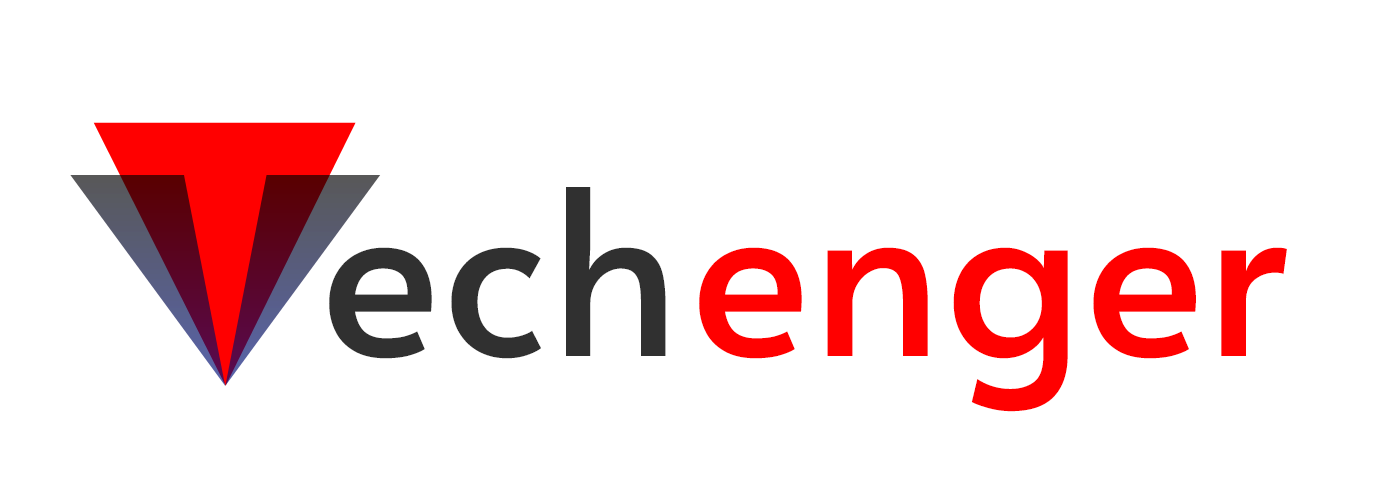Knowing how to code is just as crucial as knowing how to read in today’s world. These are the requirements of the market and the new world order, respectively. There are a plethora of reasons why youngsters should be taught programming, and the list is extensive. Rather than simply being aware of the latest technological advancements, young people are beginning to comprehend and use them to their own needs.
The majority of what you encounter on the Internet is the result of code. Programming is at the heart of every app, website, and service. Because the more successful your site is, the more money you make, it’s no surprise that people are interested in it. In order to design an app for tracking your money or a custom writing business, where you can buy a coursework , you need to know how.
Computer literacy may help you complete everyday and professional tasks more efficiently and effectively. According to a study conducted by the Open University of Israel, programming encourages creative thinking while also increasing one’s capacity for learning.
WHY DO CHILDREN NEED IT?
It’s getting increasingly popular to teach children how to code.
Even the tiniest children can benefit from learning the laws of coding and computer languages, according to the experience of many nations. Special programming classes for children are offered by a number of charities and corporations. As a matter of fact, it should be pointed out that such efforts to promote coding abilities aren’t just for the sake of increasing the number of individuals working as programmers in the future. There are several arguments in favor of learning to code. Here are a few examples of them.
1) Programming teaches logical thinking
As the adage goes, it’s never too late to learn something new. We now know that it is never too early to start. As young as 4 years old, it is possible to teach youngsters the fundamentals of computer programming. It appears that the younger a youngster is, the more quickly he learns.
Teaching techniques and equipment must, of course, be tailored to the age of the student. Learning to code is an excellent way to improve your reasoning abilities. The capacity to analyze is a part of programming. There is more to coding than only writing code. Predicting what will happen when a given solution is used is part of this process.
Every aspect of the child’s learning of programming, from the study of many alternatives for action to learning to make conclusions based on a variety of situations, is there. Only thinking can be taught via programming.
2) Programming supports creativity
In addition to teaching problem-solving abilities, programming also fosters creative thinking. Children learn that a certain problem or programming issue may be tackled in a variety of ways. While they’re working toward a goal, they’re also having a good time.
Remember that while programming, perhaps with something like KIBO from KinderLab Robotics, a new building is formed out of the little pieces of program code that are unique to the programming languages that are being used. This is similar to the joy that most toddlers have while constructing items from a constructor’s set of bricks.
3) Programming teaches problem-solving
Problem-solving is a talent that may be used to any situation in one’s daily life. Coding is a terrific technique to teach individuals of all ages, especially youngsters, to develop this sort of talent. In order to reach a certain goal, toddlers will learn commands. As a result, they will learn how to break down a huge, difficult problem into a series of smaller, more manageable problems.
The habit of seeking for better and more effective solutions is developed in youngsters through programming, which teaches them to solve issues and examine them.
4) Programming helps you get into the world of technology
All around us, computers and digital technology are a part of our everyday lives. In the next years, this tendency will continue to be prominent. For a modern man, it is essential to know where and how to locate himself in a rapidly changing environment, and the sooner he is aware of this, the better.
Programming teaches youngsters to become active participants in their own lives rather than passive consumers of technology. Knowing the ins and outs of programming means being able to grasp the potential of new technologies.
5) Learning to program is an investment in the professional future of the child
Every youngster who learns to code doesn’t necessarily require a career in the field. The majority of children’s growth will be aided by just playing and engaging in other activities. But many of these children will develop an interest in programming and wish to link their professions to it.
It is important to point out that the lack of programmers is a problem in practically every developed country. Teaching youngsters to code is an investment in their professional future and a way to find new IT workers.
Coders may soon be the most sought-after by companies since programming is increasingly being referred to as the “language of the future.” Programming classes are becoming more common in schools throughout the world as more and more countries realize this. It’s fortunate that programming’s potential and its favorable influence on children’s development have been recognized.
6) Coding develops critical thinking
It is through the practice of programming that one may develop the capacity to think computationally. This is a collection of approaches in computer science that may be utilized to address any problem. For example, computational science may be used to assist in the classroom. The information on student activities is acquired through the use of a dedicated platform. In order to develop a more effective curriculum, the instructor examines the data to determine which assignments aren’t producing results.
FINAL THOUGHTS
Learning to create basic computer code is an essential life skill. Any professional, from a scientist to a writer, may benefit from learning programming and computational thinking. Programming is transitioning from a specialized skill to a universal one as the demand for computer literacy grows. A computer-literate person is one who is proficient in the use of computers as means of communication and employment. And if this is a component of literacy, it must be cultivated beginning in infancy.




